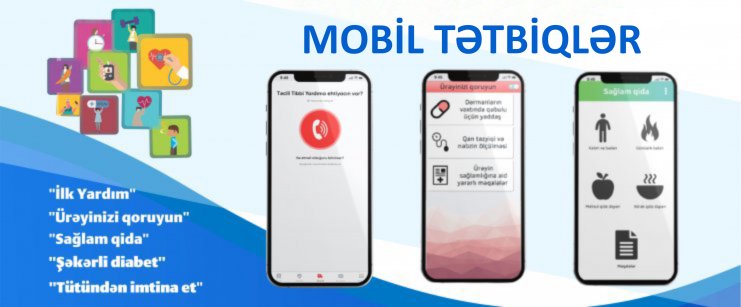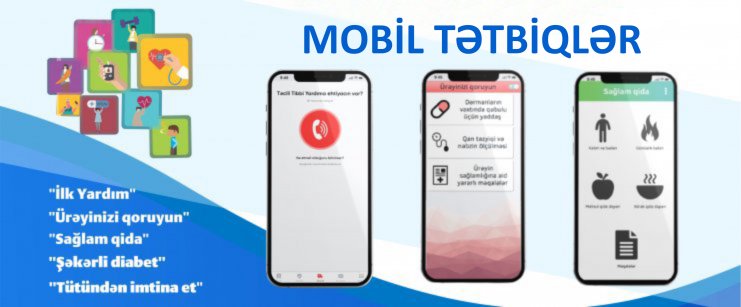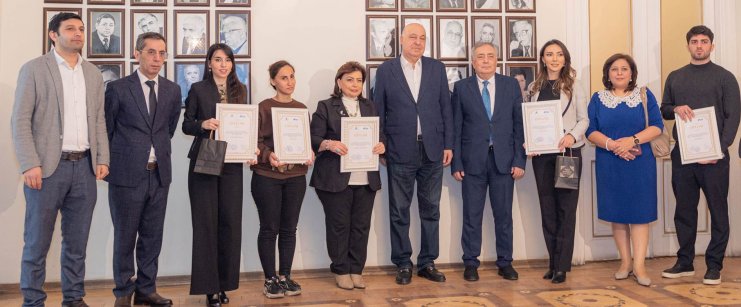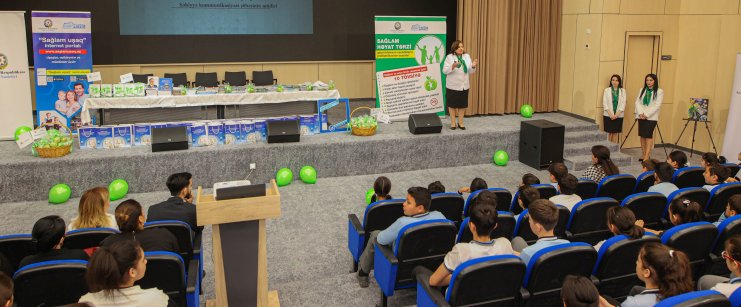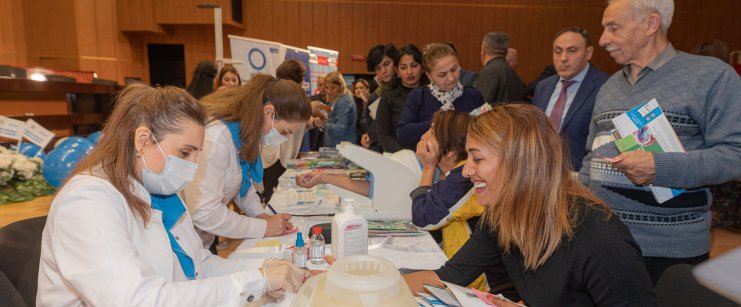The increase in the number of natural disasters, as well as extraordinary events in recent years, is in the focus of people's attention. In the last 20 years alone, the number of people died as a result of disasters has reached at least 3 million, and 800 million injured (PHEM WHO/Euro-I). That is why, today, disaster preparedness, mitigation of their consequences and management of the necessary recovery measures after disasters are considered one of the topical issues of the public health concern.
Emergencies can arise from catastrophic events (earthquakes, floods, chemical accidents, biological waste, mass poisoning), gradual catastrophes (drought, global climate change, widespread fatal diseases) and events associated with long-term social problems (forced abandonment of people residences, violence).
The Disaster Preparedness Program of the European Bureau of the World Health Organization helps countries in need of support in preventing disasters, reducing or mitigating their severe consequences, and managing post-disaster recovery activities.
Good preparedness, consisting of efforts and measures aimed at reducing and alleviating severe consequences, death and damage during disasters, can be achieved through immediately established priorities and coordinated results-based recovery responses. In cases where the local and national structures, especially the health system, are unable to meet the basic needs of people, they face with greater difficulties. This is often due to an event occurring due to a sudden increase in demands for health care services or due to the poor condition of the institutions providing health services or their inability to provide the expected care.
In order to increase the knowledge and experience of heads of medical institutions in relation to emergency preparedness, elimination and mitigation of their consequences, public health management during the recovery period after disaster, on the basis of a Bilateral Cooperation Agreement covering 2008-2009 and signed between the World Health Organization (WHO ) and the Ministry of Health of the Republic of Azerbaijan, as well as the Ministry of Health letter of agreement No. 05/19-4652 dated 29.10.2008, addressed to the WHO office in Azerbaijan, the WHO with the Public Health and Reforms Center of the Ministry of Health, began to develop training materials for a training course on "Public health and emergency management" topic. At the first stage of the project, it was planned to prepare an educational program for the envisaged training course. For several years now, the WHO Health Action Program in Crises and WHO Regional Offices has been organizing training courses on "Emergency Preparedness and Public Health Management in Crises and Catastrophes". In this area, WHO has gained a lot of experience and has developed specific training materials.
A working group was established at the Public Health and Reforms Center to develop a curriculum for conducting training in Azerbaijan. Within the framework of the project, 3 members of the working group took part in a training course entitled "Public Health and Emergency Management", organized in Tel Aviv from 14 to 25 June 2009 by the WHO European Office in cooperation with Tel Aviv University and the Ministry of Foreign Affairs of Israel and got acquainted with international experience. The extensive knowledge and experience gained by the members of the working group at this training was used in the preparation of the training course for Azerbaijan.
The members of the working group discussed the special training materials, the recommended course curriculum prepared by WHO for public health management in emergencies, and, by common agreement, prepared the final curriculum of the training course.
The curriculum consists of 5 modules:
Module I - Risk assessment and emergency preparedness;
Module II - Riot Management;
Module III - Public Health in Emergencies;
Module IV - Complex Emergencies and Displaced Persons;
Module V - Rehabilitation and reconstruction after emergencies;
The curriculum covers all emergencies, including natural and technological disasters, complex emergencies. The training course introduces risk management as the basis for managing politics, emergencies and riots. Particular attention was directed to emergency preparedness programs, which form the main link between emergency managers, developers of the development project and those operating in the field. In general, the focus of the training was on strengthening capacities related to disaster preparedness at the health sector level, taking action during and after disasters through collaboration with various ministries and stakeholders.
PROJECT COORDINATOR:
CONTACTS:
